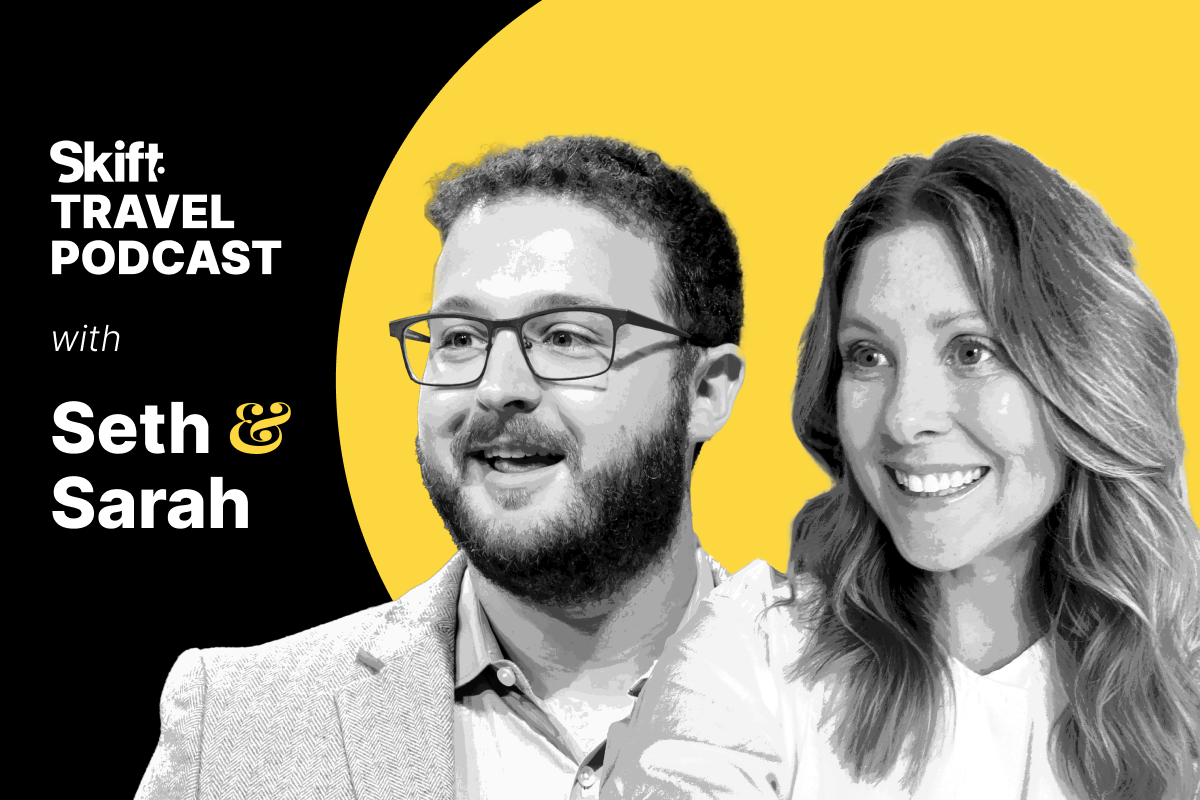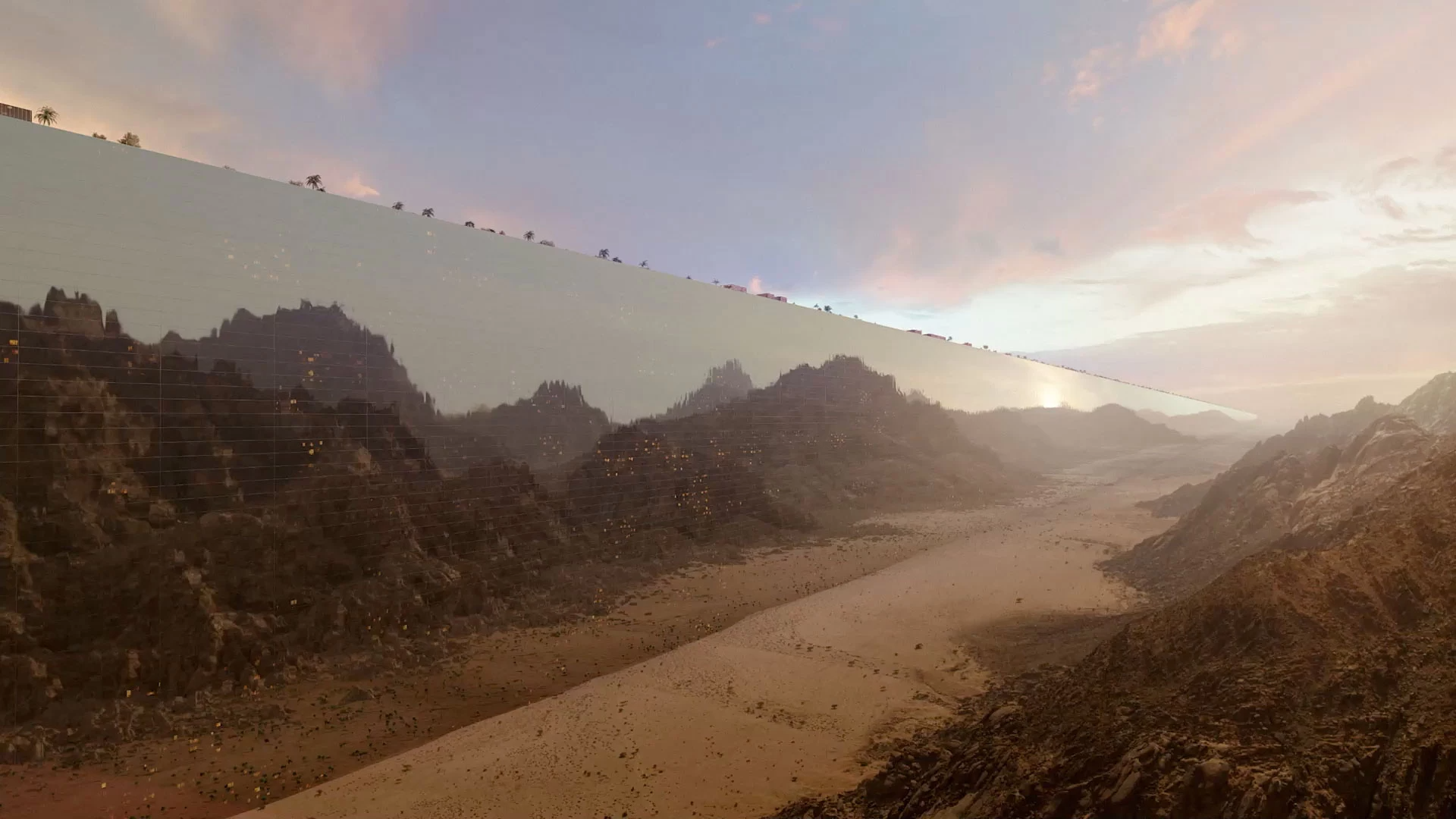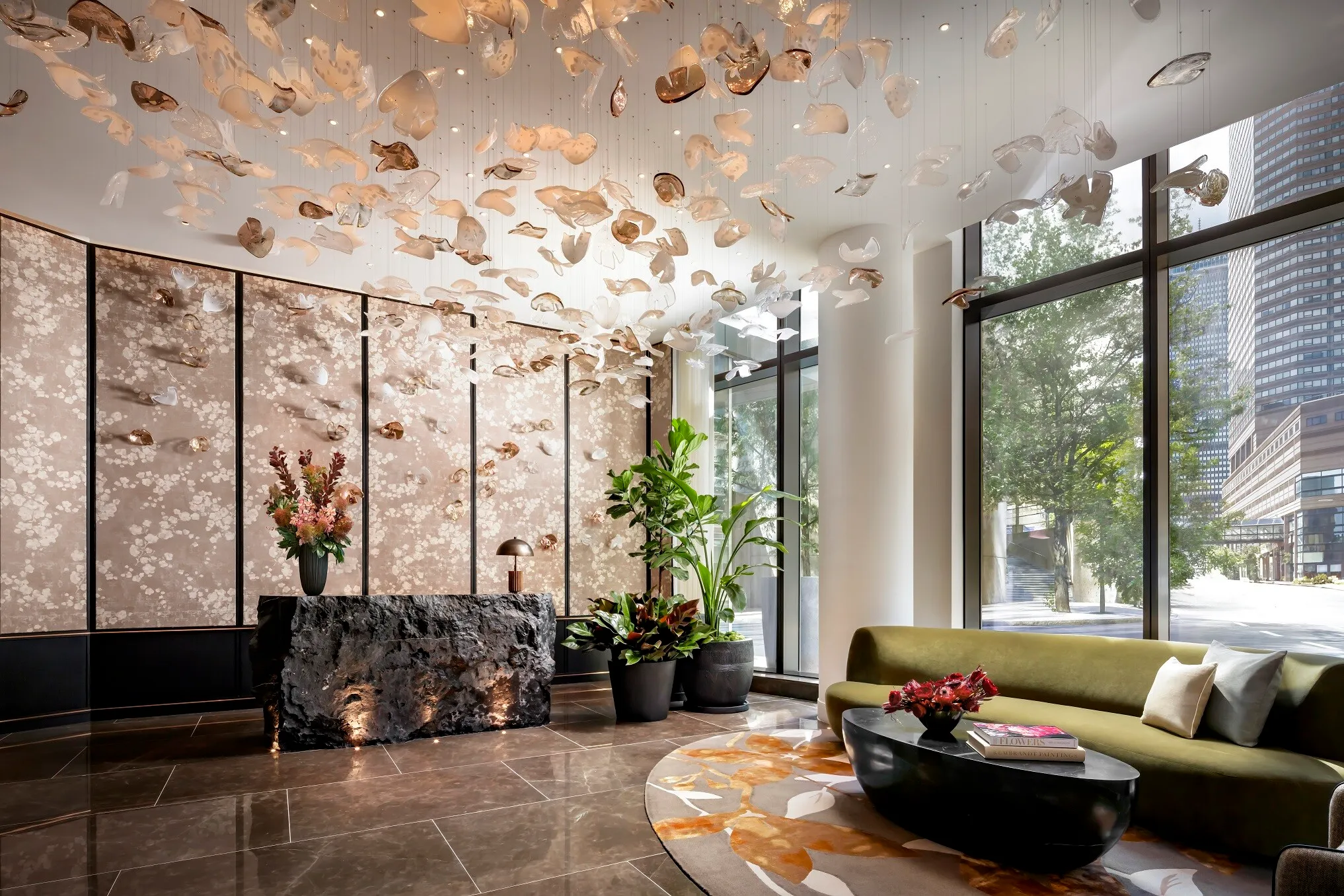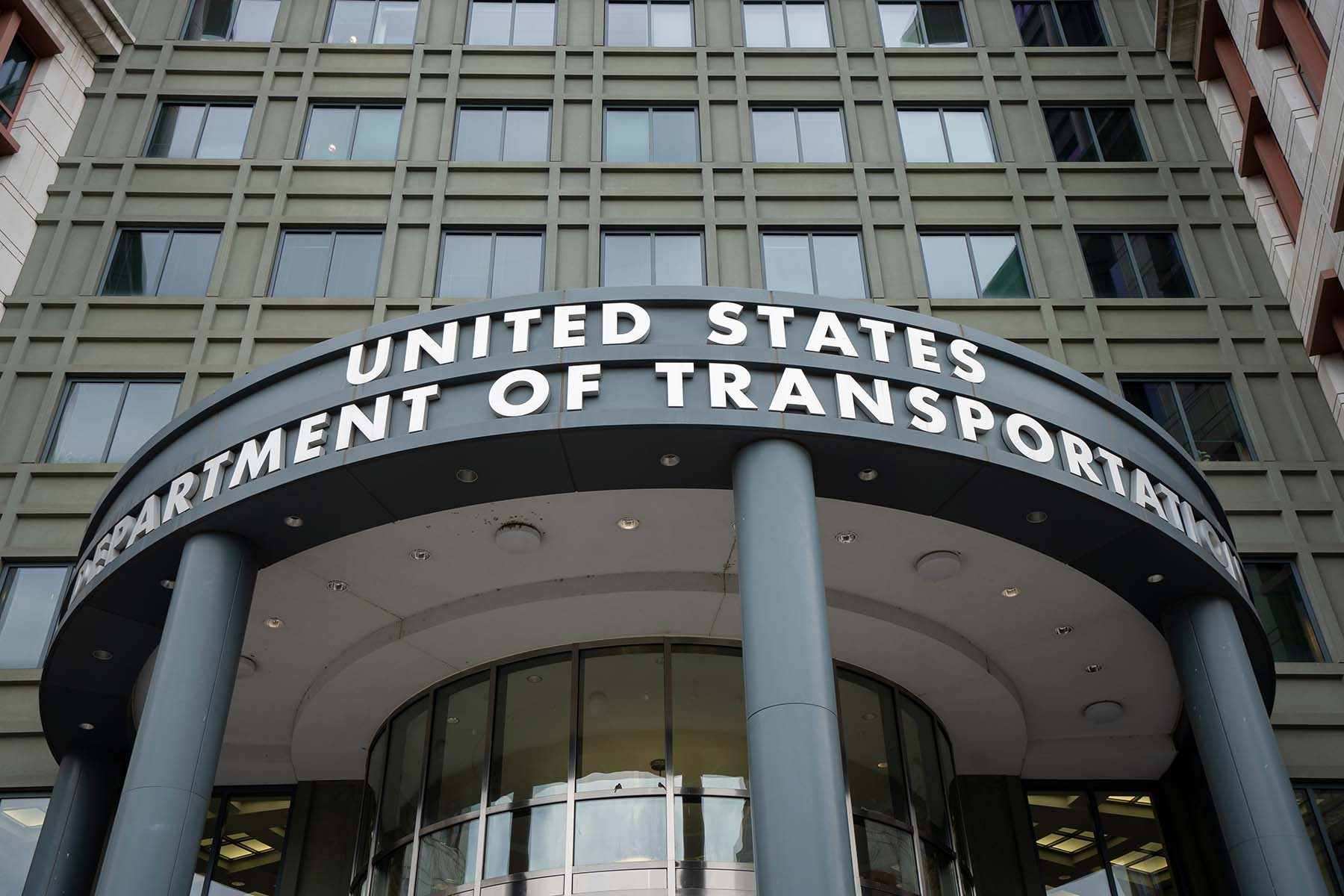Universal Wants Its Own Characters to Shine at Theme Parks
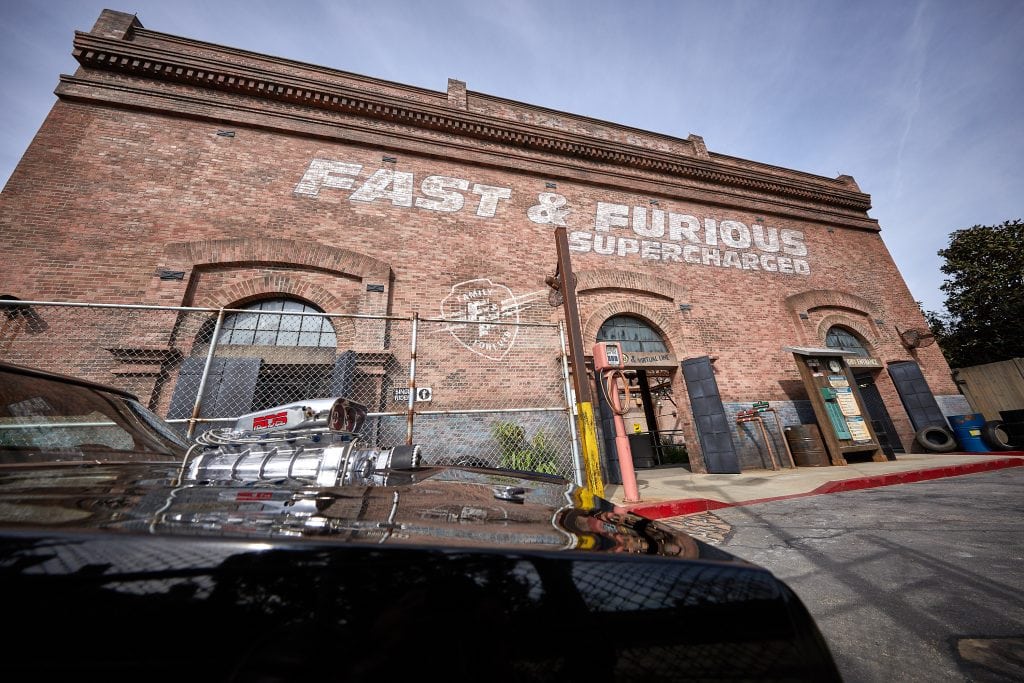
Skift Take
Harry Potter has been very good to Universal Parks and Resorts, driving up attendance and spending at every park where he has a presence and transforming the theme park operator into serious competition for Disney.
But parent company Comcast doesn't own the franchise; Universal licensed the theme park rights from Warner Brothers. And the media and technology giant looks eager to give a bigger push to the intellectual property it actually possesses.
CEO Brian Roberts credited a strong first quarter for theme parks to a couple of new attractions that opened last year, including the Volcano Bay water theme park in Orlando and the Minions Park area at Universal Studios Japan.
"And there's more to come this year, with several exciting attractions debuting across our parks this spring that leverage our own intellectual property, including a Fast and Furious ride in Orlando, Kung Fu Panda in Hollywood, and a Hollywood-themed night parade in
Japan celebrating films including Minions and Jurassic World," he said during a call with analysts Wednesday.
When Comcast announced it was buying DreamWorks Animation two years ago, executives said they saw potential for the studio's characters at its theme parks.
"DreamWorks will help us grow our film, television, theme parks and consumer products businesses for years to come," NBCUniversal CEO Steve Burke said at the time.
As financial results released Wednesday show, the parks business at Comcast is growing at a fast clip. Revenue increased 14.5 percent to $1.3 billion for the quarter that ended March 31. Earnings before interest, taxes, depreciation, and amortization increased 24.6 percent to $495 million. For all of 2017, theme park revenue increased 10 percent and earnings were up about 9 percent.
Overall, Comcast saw revenue increase 10.7 percent to $22.8 billion; profit attributable to the company jumped 21 percent to more than $3.1 billion.
Chief Financial Officer Michael Cavanagh said during the call that the strong theme park performance was partly driven by the timing of spring break, which mostly fell during the first quarter of 2018 but in the second quarter of 2017.
"Even if we exclude this benefit, [earnings] growth would still be strong, up double-digits compared to last year, driven by higher per-capita spending," Cavanagh said.

